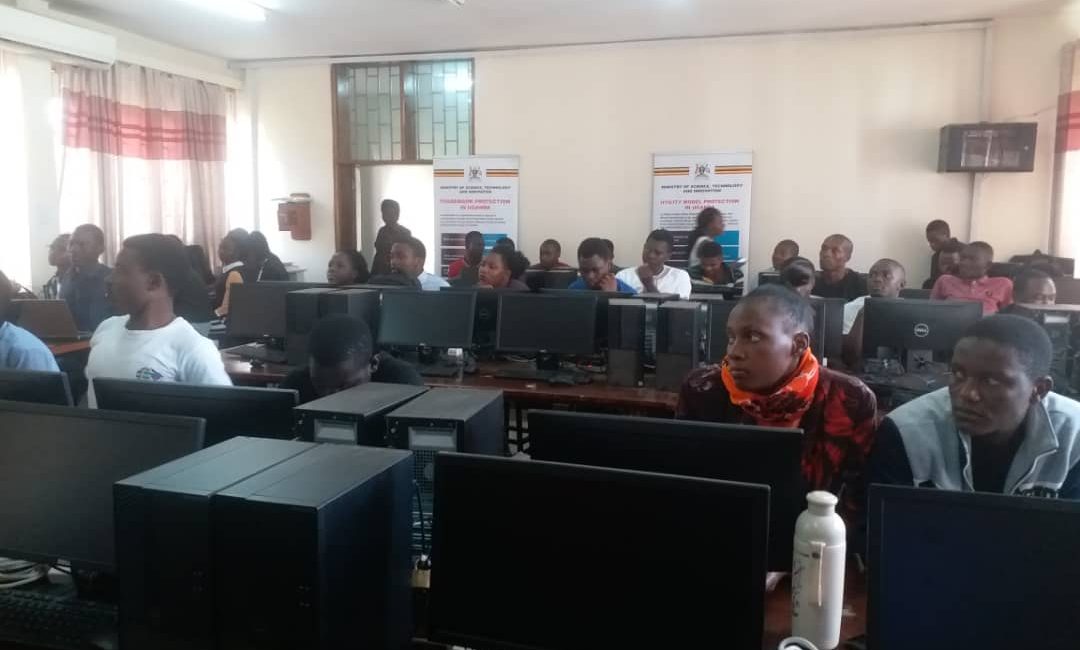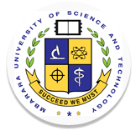
Msc Health Information Technology
According to AMIA (American Medical Informatics Association) (www.amia.org), Health information technology ‗is the interdisciplinary field that studies and pursues the effective uses of biomedical and healthcare data, information, and knowledge for scientific inquiry, problem solving, and decision making, driven by efforts to improve healthcare services delivery, management and planning ‘. HIT discipline:
- investigates and supports reasoning, modelling, simulation, experimentation and translation across the spectrum from molecules to populations
- develops, studies and applies theories, methods and processes for the generation, storage, retrieval, use, and sharing of biomedical data, information, and knowledge
- builds on computing, communication and information sciences and technologies and their application in biomedicine
- recognizing that people are the ultimate users of biomedical information, HIT draws upon the social and behavioural sciences to inform the design and evaluation of technical solutions and the evolution of complex economic, ethical, social, educational, and organizational systems
- To develop professionals with advanced knowledge and skills in methodology and technology to design, develop, implement, evaluate, and strategically manage health informatics interventions.
- To build capacity in generation, storage, retrieval, use, share and manage health data, information, and knowledge to support appropriate decision-making and evidence-based practice
- To create a pool of health informaticians with advanced skills to secure, manage knowledge, visualize, extract useful patterns, and make healthcare decisions.
- Health information technology applications
- Planning and managing healthcare projects and systems
- Programming
- Modelling and simulation
- Epidemiology
- Data mining, Knowledge management and Decision support systems
- Qualitative and quantitative Research
- Mobile health
- Advanced website and internet technology
- Secure healthcare systems
- Health economics
- Epidemiology
The Health information technology programme is designed around a range of learning pathways to meet the needs of students from health care/computing-related backgrounds. To qualify for admission, a candidate must fulfil the general Mbarara University of Science and Technology entry requirements for Master ‘s degrees. In addition, the candidate must be a holder of either.
DurationThe MSc HIT is a two-year modular programme that will be run in weekends.
Tuition FeesThe MSc. HIT is a privately sponsored programme and therefore before enrolment it is important that tuition fees are paid by the students to the university. Ugandan students will pay tuition fees totalling to Four Million and Eight Hundred thousand shillings (4,800,000= Ug. shs.) per year, plus 350,000= for practicum for Plan A in second year. Foreign students will pay an equivalent tuition fees and practicum fees in USD.
| Code | Name | LH | PH | CH | CU |
| (4 cores) | |||||
| HIT 6111 | Principles of Health Information Technology | 45 | 30 | 60 | 4 |
| HIT 6112 | Healthcare Project Planning and Management | 30 | 60 | 60 | 4 |
| HIT 6113 | Biomedical Modeling and Simulations | 30 | 60 | 60 | 4 |
| HIT 6114 | Developing and Designing Health Systems | 30 | 60 | 60 | 4 |
| (1 elective) | |||||
| HIT 6115 | Fundamental of Programming | 30 | 60 | 60 | 4 |
| HIT 6116 | Health Economics | 30 | 60 | 60 | 4 |
| Total Credit Units | 20 | ||||
| Year 1: Semester 2 (5 cores) Code | Name | LH | PH | CH | CU |
| HIT 6121 | Biomedical Data Mining, Knowledge Management and Decision Support | 30 | 60 | 60 | 4 |
| HIT 6122 | Qualitative Research Methodology in Healthcare | 30 | 60 | 60 | 4 |
| HIT 6123 | Quantitative Research Methodology in Healthcare | 45 | 30 | 60 | 4 |
| HIT 6124 | Mobile Application Programming | 30 | 60 | 60 | 4 |
| HIT 6125 | Health Information Technology Seminar Series | 30 | 60 | 60 | 4 |
| Total Credit Units | 20 | ||||
| Year 2: Semester 1 (5 cores) Code | Name | LH | PH | CH | CU |
| HIT 6211 | Security Issues in Healthcare | 30 | 60 | 60 | 4 |
| HIT 6212 | Health Information Technology Modelling, Strategy, Policy and Management | 30 | 60 | 60 | 4 |
| HIT 6213 | Advanced Website and Internet Technology for healthcare | 30 | 60 | 60 | 4 |
| HIT 6214 | Strategic Health Information Technology Management | 45 | 30 | 60 | 4 |
| HIT 6215 | Epidemiology | 30 | 60 | 60 | 4 |
| Total Credit Units | 20 | ||||
| Year 2: Semester 2 HIT 6221 | Health Information Technology Practicum | 120 | 60 | 4 | |
| HIT 6222 | MSc. Health Information Technology Proposal | 120 | 60 | 4 | |
| HIT 6223 | MSc. Health Information Technology Data Collection and Data Analysis | 120 | 60 | 4 | |
| HIT 6224 | MSc. Health Information Technology Dissertation | 120 | 60 | 4 | |
| HIT 6225 | MSc Health Information Technology Publication | 120 | 60 | 4 | |
| Total Credit Units | 20 | ||||
Faculty of Computing
Mbarara University of Science and Technology also known as MUST was opened in October 1989.
Monday – Friday, 8:00 am – 6:00 pm
Saturday, 8:00 am – 3:00 pm
